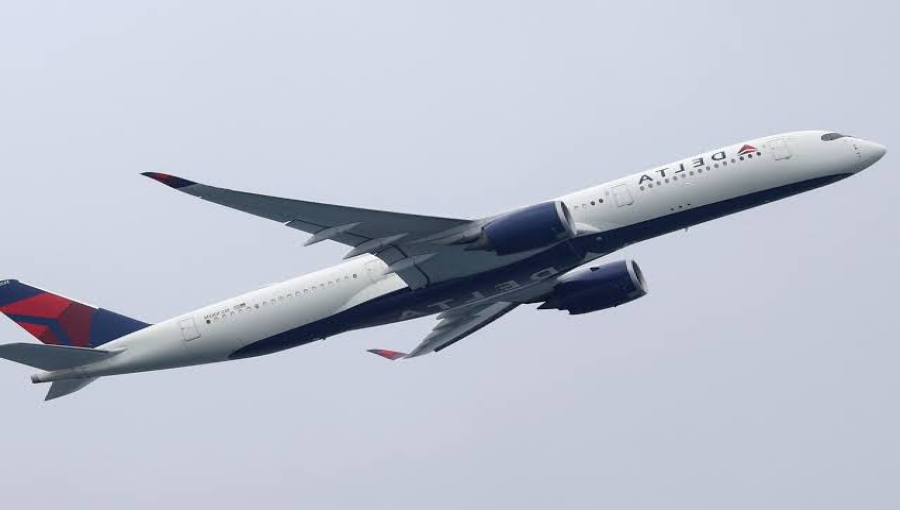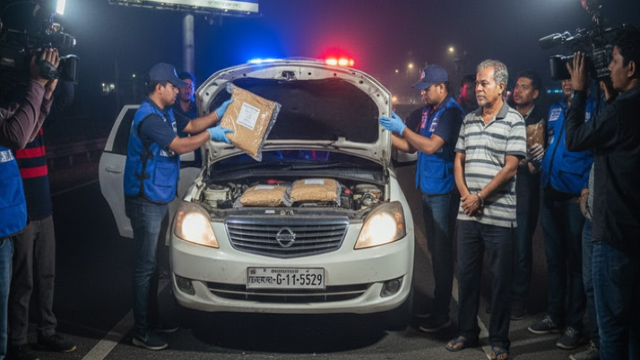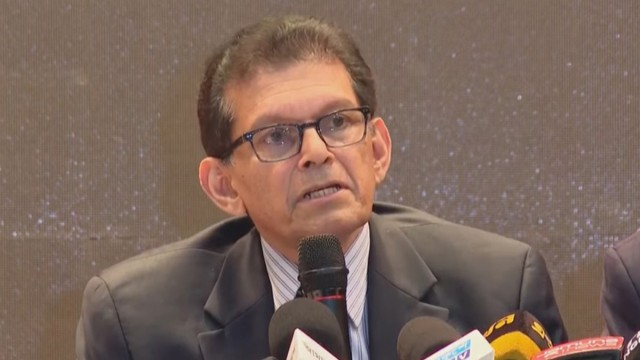Airlines are rebounding from the COVID-19 pandemic as global seat availability returns to pre-pandemic levels, signaling a revival in air travel. Lower airfares and increased capacity are driving a surge in bookings, with promising signs for continued growth in the aviation industry.
Amidst a wave of optimism for the travel industry, airlines worldwide are celebrating a milestone achievement as seat availability returns to pre-pandemic levels, marking a significant step towards recovery from the COVID-19 crisis. According to data from Flight Centre, global seat availability surpassed 100% of 2019 levels in April, offering travelers an abundance of choices and lower airfares.
Melissa Elf, Managing Director of Flight Centre Corporate, highlighted the positive impact of increased capacity and competition on airfares, citing a notable drop of up to 25% on select international routes out of Australia. With airlines introducing new routes and expanding their networks, Elf predicts a continued trend of declining airfares throughout the year.
Australia's aviation sector is experiencing a gradual resurgence, with international capacity expected to reach 98% next month and domestic capacity consistently hovering between 98% and 100% in recent months. Major carriers like Delta, Singapore Airlines, and China Southern are driving this growth, announcing new routes to Australia and contributing to the recovery of the travel industry.
The rebound in air travel extends beyond Australia, with popular destinations like Indonesia, Japan, Qatar, and Papua New Guinea witnessing a surge in seat availability above pre-pandemic levels. While some regions, such as the UK, have fully recovered, others like Hong Kong and the US still have room for improvement.
Qantas and Jetstar reported a significant recovery in seat capacity, reaching 90% of pre-pandemic levels in the second half of 2023, indicating a steady resurgence in passenger demand. However, despite falling airfares, rising cost-of-living pressures are influencing travel decisions, prompting more Australians to opt for domestic holidays or cancel travel plans altogether.
Margy Osmond, CEO of the Tourism and Transport Forum, emphasized the importance of Australians supporting the local economy and tourism operators amidst ongoing economic challenges. While the travel sector shows signs of recovery, concerns persist regarding the impact of cost-of-living pressures on travel behavior, underscoring the delicate balance between economic constraints and the desire for leisure travel.































Comment: